Blinds Spots in the Street: Art in Public Space
This project is a poster action that takes place on unused large advertising spaces in Kassel. It consists of a competition, where artists, designers and illustrators are asked to develop poster ideas that introduce an audience to the topics of colonial history and racism in an unconventional way. The second part of the poster campaign is called What We Don't See in Kassel. For this, experiences of everyday racism as experienced by Black, African and Afro-diasporic people in Kassel will be posted on billboards at the same time as the works selected by the jury from the first part of Blinds Spots in the Street.
Panel discussion
As part of Blinds Spots in the Sun, a panel discussion on the topics of colonial history and anti-black racism in Germany took place at ruruhaus /documenta fifteen on September 3rd, 2021.
The panelists:
Mo Asumang is a film director, television presenter, best-selling author, actress, singer, artist and film producer. She shows her documentaries in schools and gives lectures on racism and xenophobia. In 2019, she received the Order of Merit of the Federal Republic of Germany for her work.
Princess Marilyn Duala Manga Bell is an economist and curator. She is the great-granddaughter of Rudolf Duala Manga Bell and co-founder of the art space doual'art in Duala, Cameroon. For her services to international cultural exchange, she will receive the official 2021 Medal of Honor of the Federal Republic of Germany from the Goethe-Institute.
Henrik Langsdorf works in the areas of public art, video installation and design. His video installation "Ville Fantôme/Kinshasa La Belle" was shown at the Congo Biennale in Kinshasa and is part of light installations at the Weinberg in Kassel.
He is the initiator of Blind Spots in the Sun.
Emilene Wopana Mudimu is a social pedagogue, educator, moderator and spoken word artist from Aachen. She lectures on empowerment work with Black people and PoC, anti-racism training and creative writing. She has worked for the Konrad-Adenauer-Stiftung, DGB, and Theater Oberhausen. She also runs “KingzCorner" in Aachen, a socio-cultural center that provides support for youths with migration background.
Moderator:
Aisha Camara works as a moderator and PR consultant in Frankfurt am Main. Her main topics are political education, racism and feminism.
Blind Spots in the Sun Exhibition
This exhibition will present the results of the competition, as well as document the interconnections of German colonial history with African countries, using Cameroon as an example. It also documents the nexus between stereotypes from the colonial era with the racism that exists in contemporary Germany.
In a two-channel video installation, the fate of Rudolf Duala Manga Bell, which is closely interwoven with the history and culture of Germany, is told in a non-linear way.
Also on view will be self profiling by the Sudanese German artist Zaki Al-Maboren, a series of portraits of AfroGermans who were killed by right-wing extremists in which he challenges the viewer to assume the point-of-view of both victim and perpetrator.
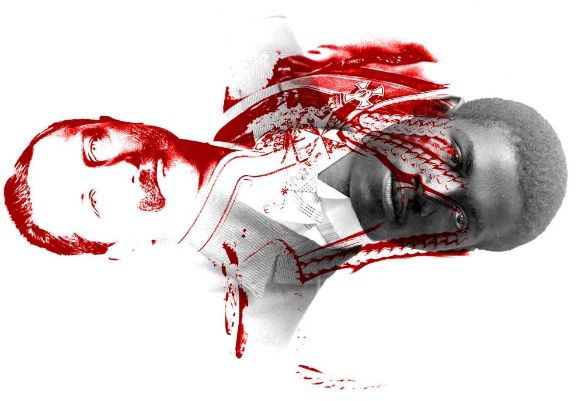
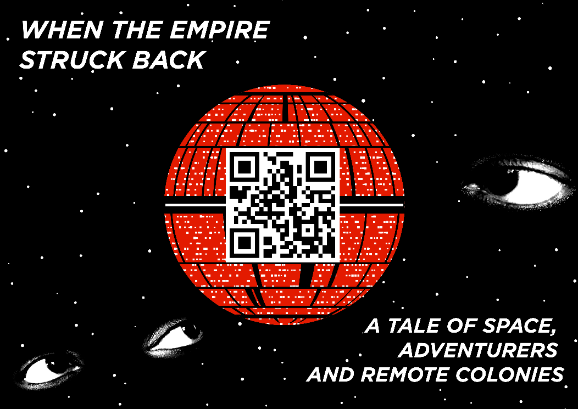
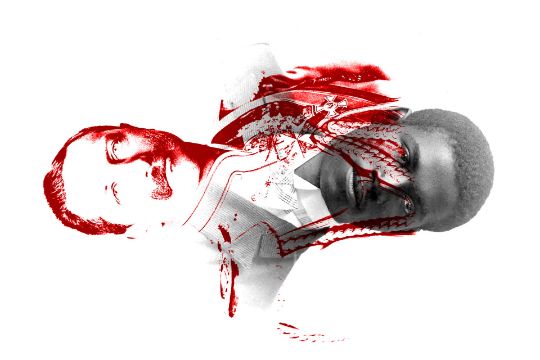
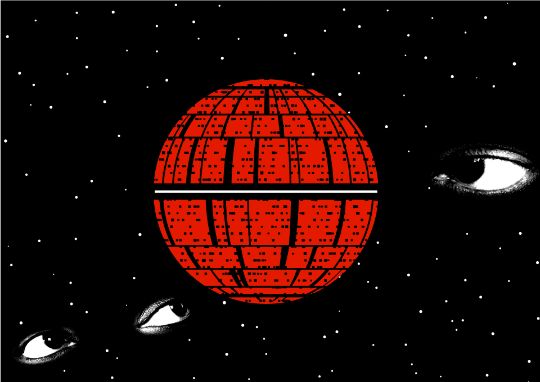
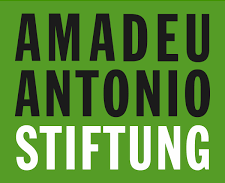






 .
.